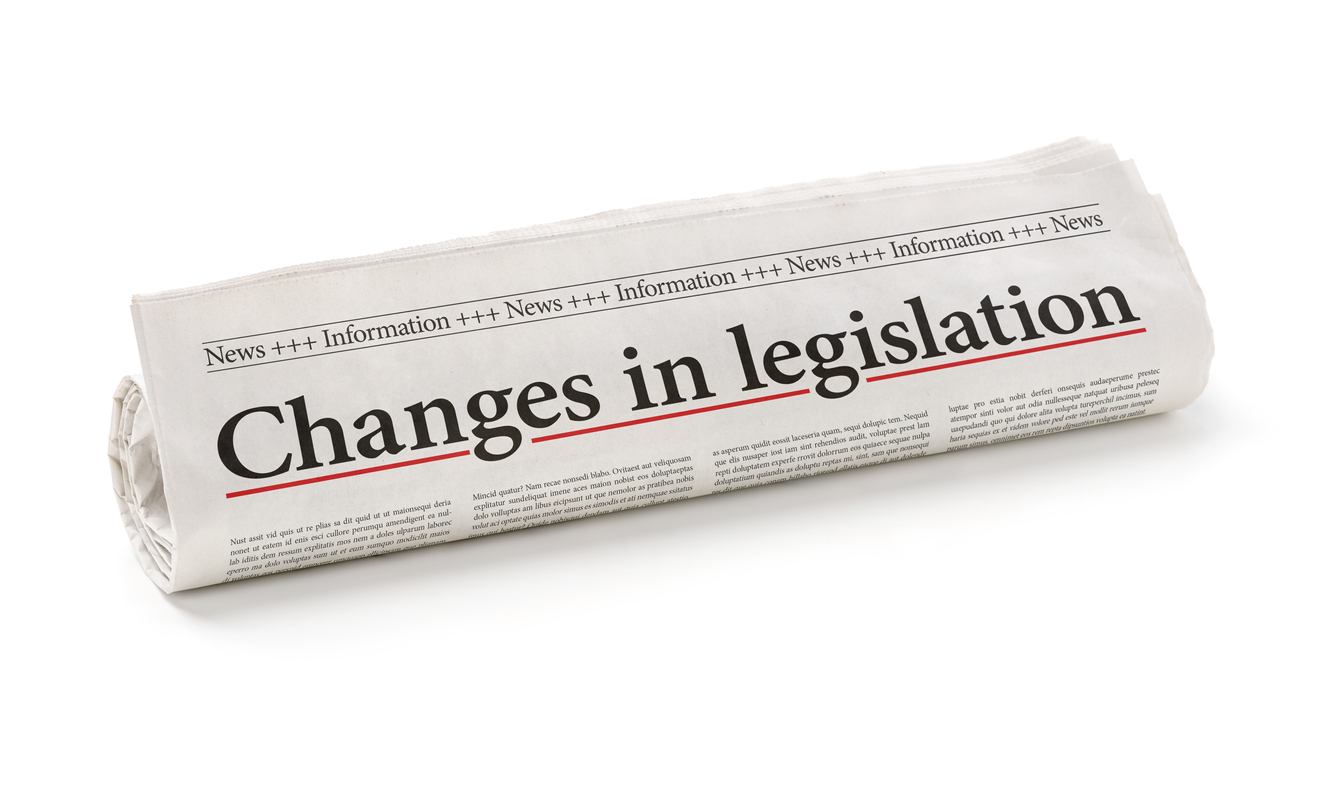Hire the best. How do you determine that? Certainly not by what public adjusters place on their internet website and what they write on landing pages or Google Ads. And, you cannot trust what they simply tell you while soliciting their right to handle your claim.
Credentials, experience, results, and who their peers look up to as leaders are usually pretty good signs of people that know what they are doing. Asking leaders who they would hire may give you the answer you are looking for.
Credentials
People really interested in being their best, push themselves to take more courses, learn, and get respected credentials. Even insurance companies have to recognize the expertise these individuals carry. You may get lucky and hire great talking negotiators, but “all hat and no cattle” is easy to spot when your claim is critically asked to be proven—rather just the Internet bravado and promises of great results that was used to get your business.
Some public adjusters and others on the internet are excellent at “seeming to be” rather than being “the real thing” that they advertise to be. Be careful and check credentials. The internet promotes false illusions of expertise because it is so easy to do so.
I have seen attorneys do this with fanfare as if they were the ones in a documentary winning the case, but then find out it was others they give no credit to and the documentary did not even mention the attorney claiming responsibility for winning the case. Beware about many of these people who are great at advertising, promoting people just like them, but not truly being whom they say they are or winning claims or cases.
Ask for:
1. Credentials that show that the person you hire is recognized by peers as somebody who is qualified to do your claim. A license is a minimal requirement. I was a Board Certified Trial Attorney for over 20 years before we decided to start a dedicated trial division, but I held credentials to try cases that most attorneys never obtain in their entire career much less have others that are even better experts.
2. To what organizations is your potential public adjuster a member, and what training has he received from them? Those wanting to be their best will be in these organizations and getting credit for attending their educational meetings.
Experience and Results
There are attorneys I know advertising on the internet claiming to be experienced insurance recovery experts—and then call me asking who they should hire as their experts or then just hire public adjusters to do all their work. It is worse for public adjusters who do the same thing and turn the entire adjustment over to people not mentioned in their advertisements.
To get through this, ask:
- What claims have you won with problems exactly like mine and give me a list of people to call and verify that you have actually done this claim yourself? Are there people that are not your employees who will work on this claim?
- When did you start doing this? Who in your profession of being a public adjuster will say you are really an expert? Tell me the 10 biggest results you have and list the clients which phone numbers that I can call?
- Are you insured for your malpractice and who is your carrier in case you mess up? This is a great question because bad public adjusters may not even qualify to get malpractice insurance. Good public adjusters recognize how complicated their profession is and carry malpractice coverage at limits to protect you from their mistakes.
Leadership and Teachers
This is more difficult in the internet age and an age where so many claim through advertising to be the best with few credentials for being leaders. They can even have organizations say they are leaders because they pay money for that to happen and then have others support their feigned leadership and expertise. It is all about the money for these people rather than being true dedicated leaders for policyholders.
But this thought is where I first came up with this concept of a post. Merlin Law Group managing attorney Craig Kubiak and associate attorney Jason Cieri are giving a speech next week about a “Fresh Look at Claim Preparation.” I expect that they will talk about new technologies being employed to prove claims and claim valuation and new training about claims handling.
Ask:
- What public organizations do you belong to? Have you ever been an officer, director or a committee chairperson?
- What has your public adjusting firm invested in for new technology to help document my claim? Do you have three-dimensional photography that will be used on my claim? Who in your firm will actually document my claim if it is not you?
- Who is going to work on the claims aspects like additional living expenses, contents, business personal property or business income—are these people employees or independents that you use and what are their names and credentials?
Leaders develop in house teams. People that are bad leaders always have independents and are great marketing people but not great leaders or public adjusters.
Get in writing who is working on your claim. Get their credentials. Ask if the public adjuster fee is getting split with any independent contractors or worse, internet advertising firms that get paid on a percentage of the fee they generate.
All of these are great questions because I just saw this weekend a case where a public adjuster licensed to do cases nationally was using estimators from Indiana who were being paid 1% of the settlement to make up estimates the public adjuster used to make claims. The people doing the work had nothing to do with the alleged “experts” being advertised on the internet.
Today’s property catastrophe insurance claims industry is a mess because they hire inexperienced people with little supervision and training. They have desk adjusters cut the claims or make the claims into what the company wants the claim to look like without ever going out in the field and doing any independent investigation.
Therefore, it is easy to find more money owed on almost any insurance claim. Getting your claim taken care of by a true expert for an honestly owed amount requires you to ask the questions I suggest above.
Thought For The Day
The reason con artists get away with what they get away with is, their victims are ashamed of their own blindness and their own gullibility, and they tend to just quietly go away.
—Walter Kirn



